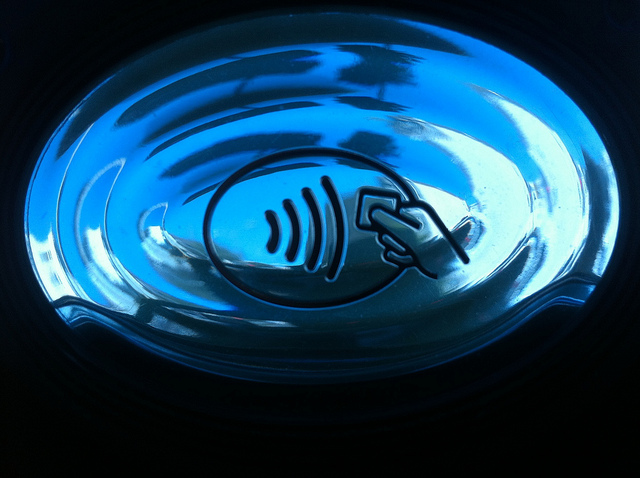It’s hard to have a meaningful discussion about Apple Pay (iOS’ most recent foray into mobile payments) and Google Wallet (Android’s three-year-old platform that’s had tepid success) without talking about how the systems actually work. And to talk about how those systems work, we have to know how credit card charges work.
It seems like a simple thing, especially in the US—swipe your card, wait a second or two for authorization, walk out of the store with your goods. But the reality is that a complicated system of different companies handles all that transaction information before your receipt ever gets printed.
The four-party system
If you’re using a so-called “universal” card like Visa or MasterCard, there are typically four parties involved: the merchant, the payment processor, the merchant acquirer, and the issuer. Their roles are as follows:
Read 35 remaining paragraphs | Comments

